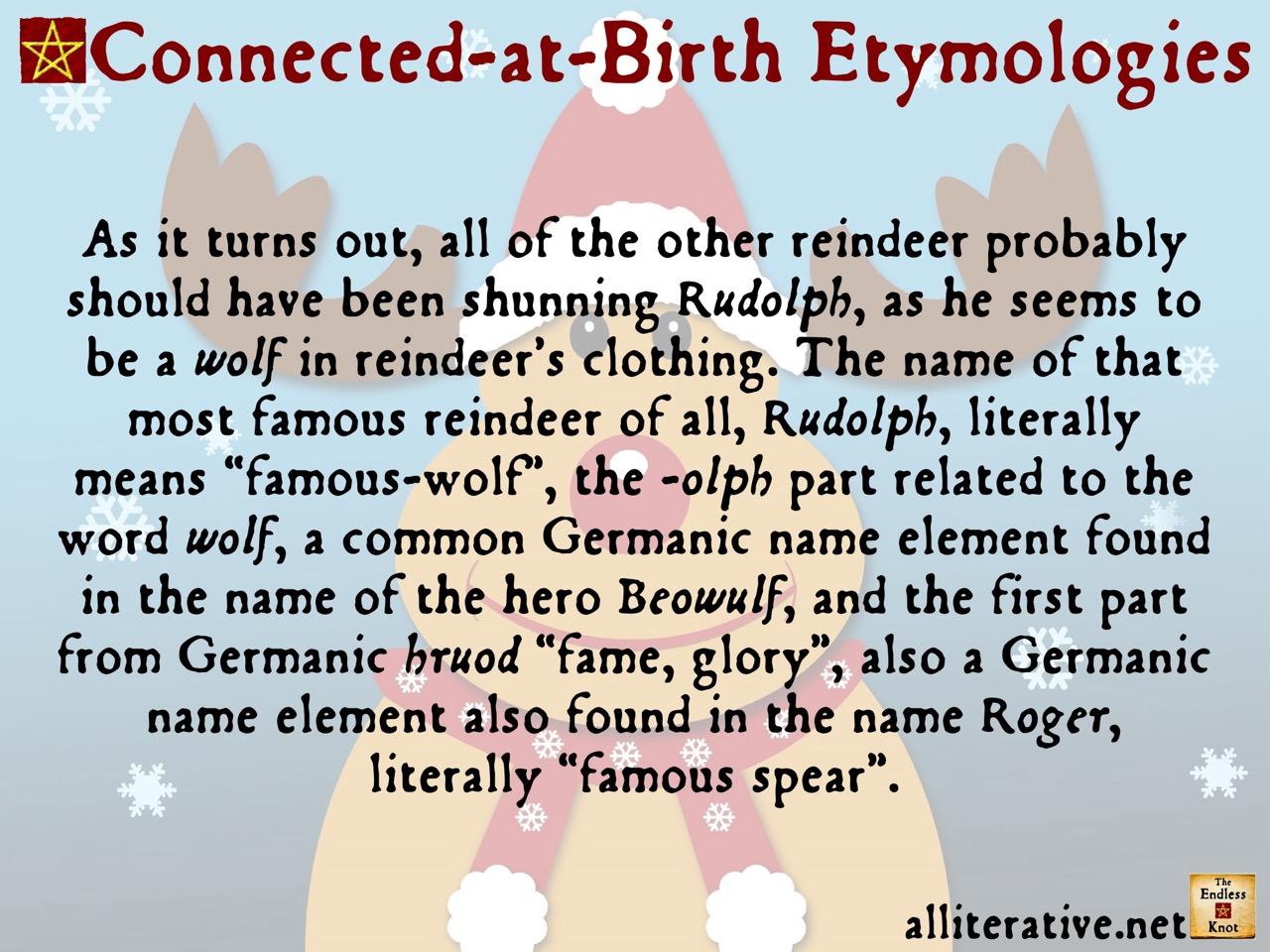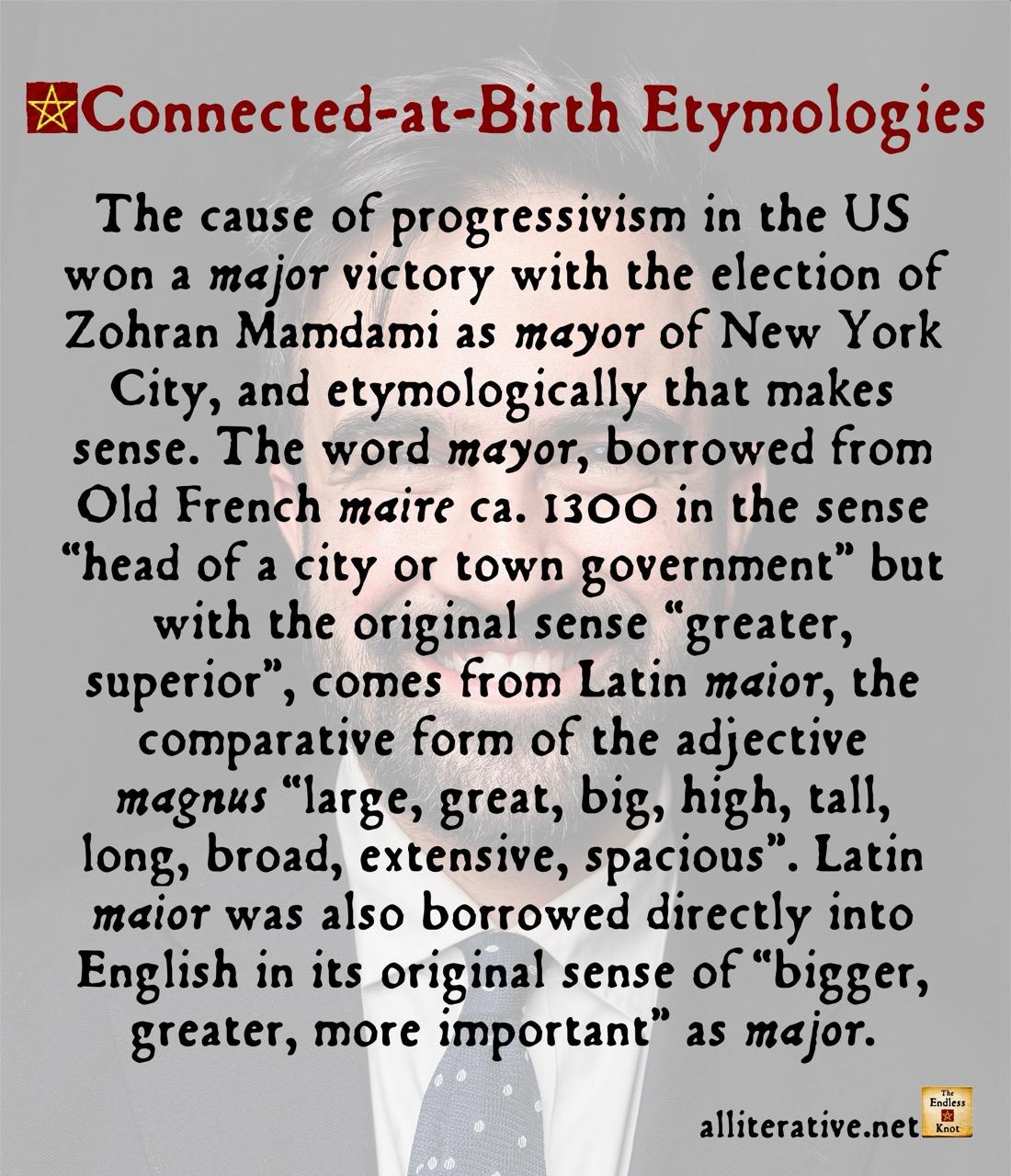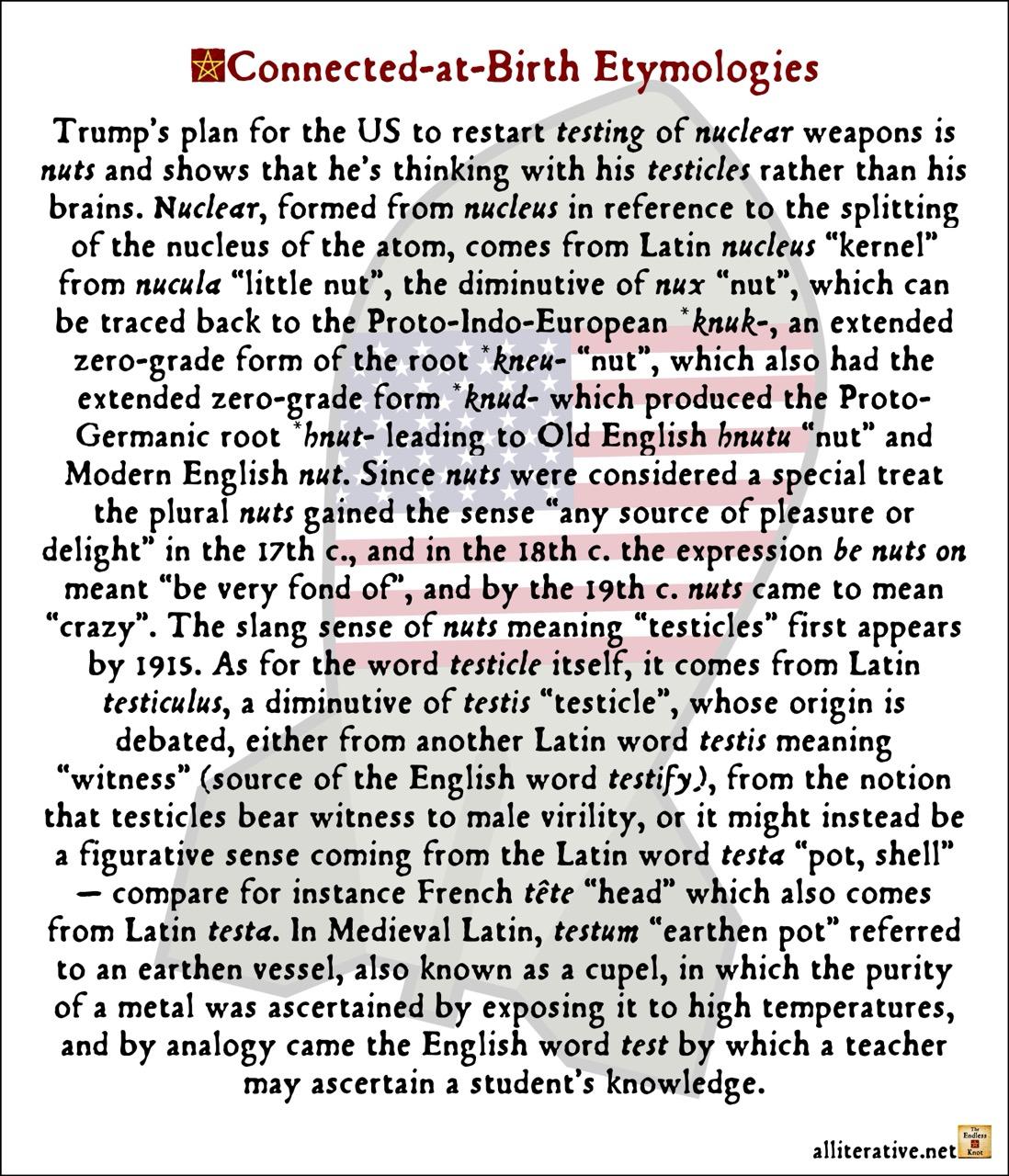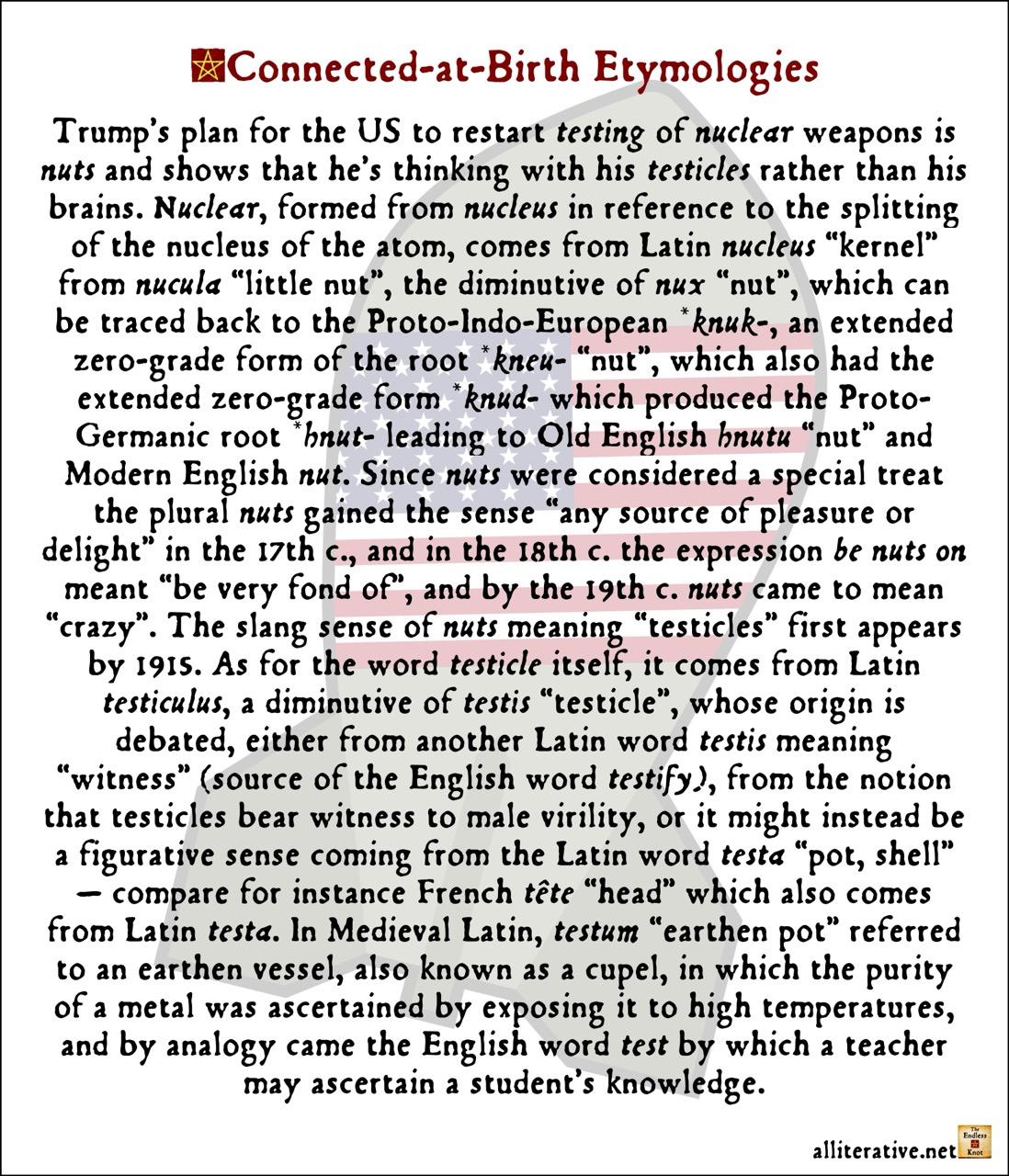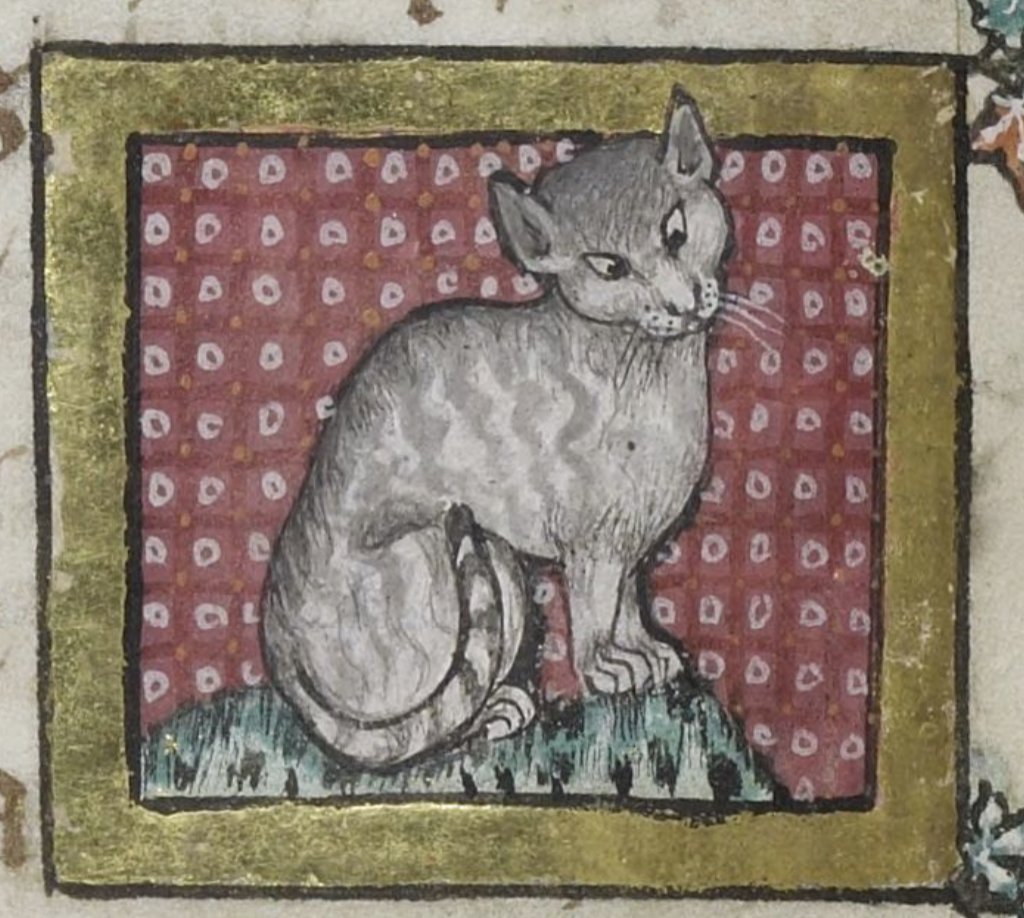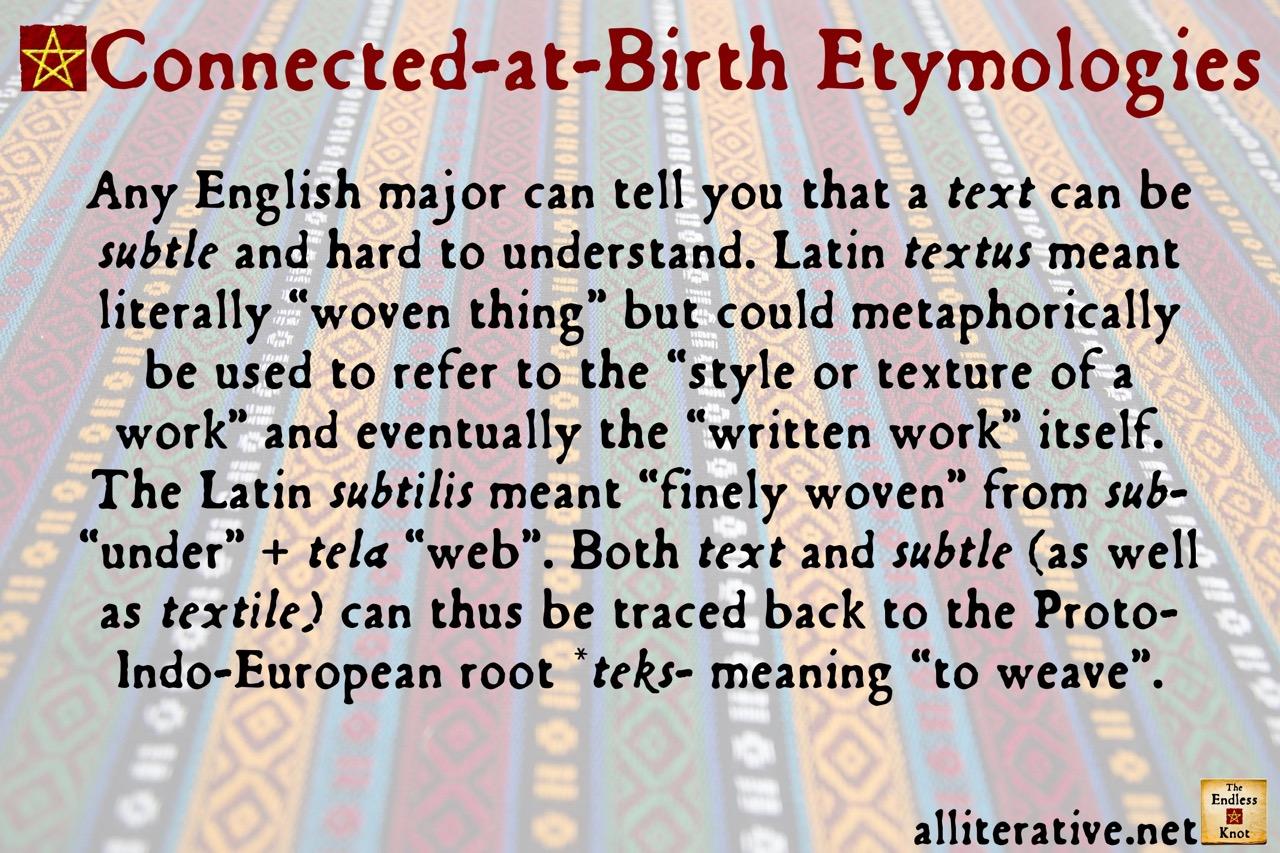The #ConnectedAtBirth #etymology of the week is CURLING/GRAPE #wotd #curling #grape #grapes #Olympics #Olympics2026 🥌 🍇
The #ConnectedAtBirth #etymology of the week is CURLING/GRAPE #wotd #curling #grape #grapes #Olympics #Olympics2026 🥌 🍇
I’m on strike at my university, so the #ConnectedAtBirth #etymology of the week is union/university! (For more info about the strike: linktr.ee/lufappul) #wotd #union #university #strike
I’m on strike at my university, so the #ConnectedAtBirth #etymology of the week is union/university! (For more info about the strike: linktr.ee/lufappul) #wotd #union #university #strike
The #ConnectedAtBirth #etymology of the week is VIRUS/WOOZY #wotd #virus #woozy
The #ConnectedAtBirth #etymology of the week is VIRUS/WOOZY #wotd #virus #woozy
holh, n.n: a hollow, cavity, hole. (HOL’H / ˈhɔlx)
Image: A drawing of Pacificus of Verona’s star clock; Switzerland (St Gallen), c. 1000; St Gallen, Stiftsbibliothek, Cod. Sang. 18, p. 43.
#OldEnglish #WOTD
holh, n.n: a hollow, cavity, hole. (HOL’H / ˈhɔlx)
Image: A drawing of Pacificus of Verona’s star clock; Switzerland (St Gallen), c. 1000; St Gallen, Stiftsbibliothek, Cod. Sang. 18, p. 43.
#OldEnglish #WOTD
The #ConnectedAtBirth #etymology of the week is RUDOLPH/WOLF #wotd #Rudolph #wolf #RudolphTheRedNosedReindeer
#Christmas #Christmas2025 #Xmas
"The wenis is located on the exterior tip of the olecranon."
The #ConnectedAtBirth #etymology of the week is RUDOLPH/WOLF #wotd #Rudolph #wolf #RudolphTheRedNosedReindeer
#Christmas #Christmas2025 #Xmas
The #ConnectedAtBirth #etymology of the week is MAYOR/MAJOR #wotd #mayor #major #ZohranForNYC #Mamdani
The #ConnectedAtBirth #etymology of the week is MAYOR/MAJOR #wotd #mayor #major #ZohranForNYC #Mamdani
The #ConnectedAtBirth #etymology of the week is NUCLEAR/TEST/NUT/TESTICLES #wotd #nuclear #test #nut #testicle #NuclearTesting
The #ConnectedAtBirth #etymology of the week is NUCLEAR/TEST/NUT/TESTICLES #wotd #nuclear #test #nut #testicle #NuclearTesting
a-sēon, str.v: to look at or upon, set eyes on (something). (ah-SAY-on / a-ˈseːɔn)
Image: Peterborough Bestiary; England (Peterborough), c. 1300-1310; Cambridge, Corpus Christi College, MS 53, f. 197v.
#OldEnglish #WOTD
a-sēon, str.v: to look at or upon, set eyes on (something). (ah-SAY-on / a-ˈseːɔn)
Image: Peterborough Bestiary; England (Peterborough), c. 1300-1310; Cambridge, Corpus Christi College, MS 53, f. 197v.
#OldEnglish #WOTD
The #ConnectedAtBirth #etymology of the week is TEXT/SUBTLE #wotd #text #subtle#BackToSchool
The #ConnectedAtBirth #etymology of the week is TEXT/SUBTLE #wotd #text #subtle#BackToSchool




